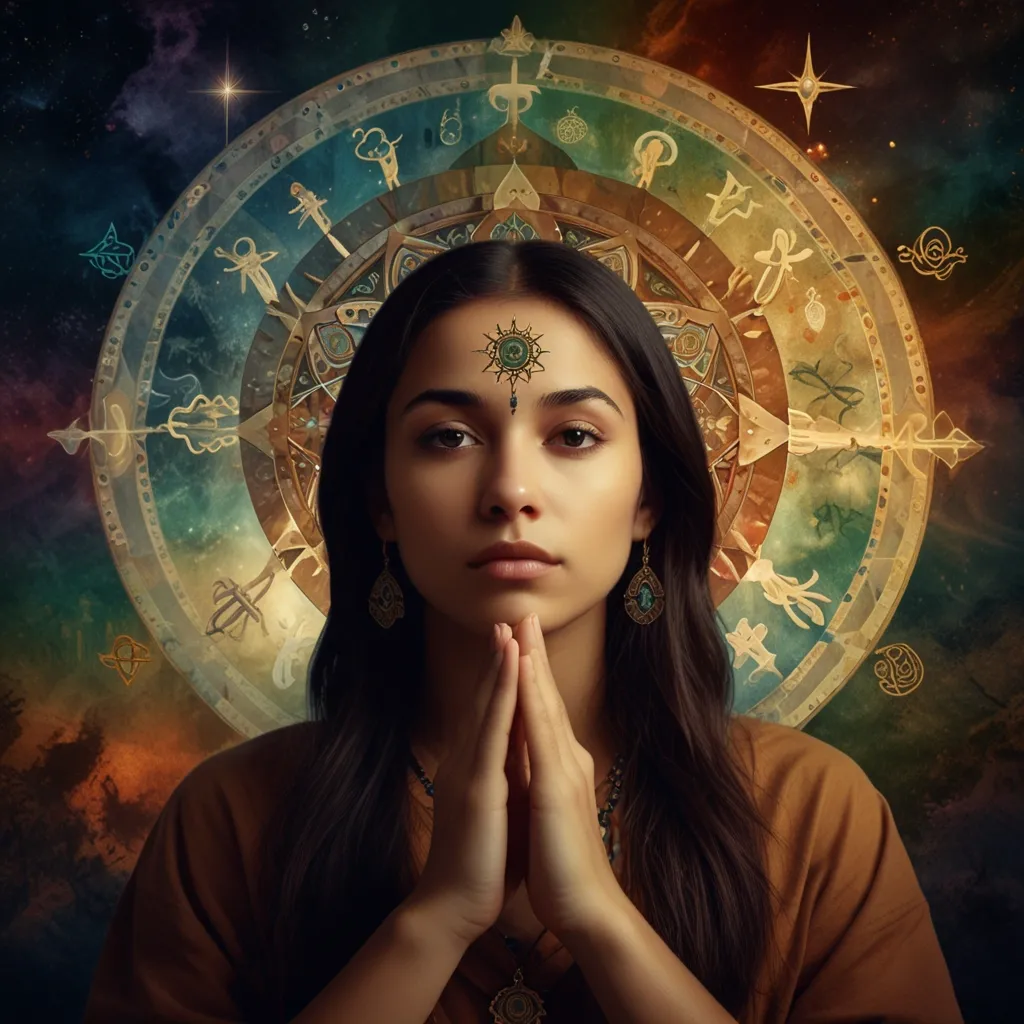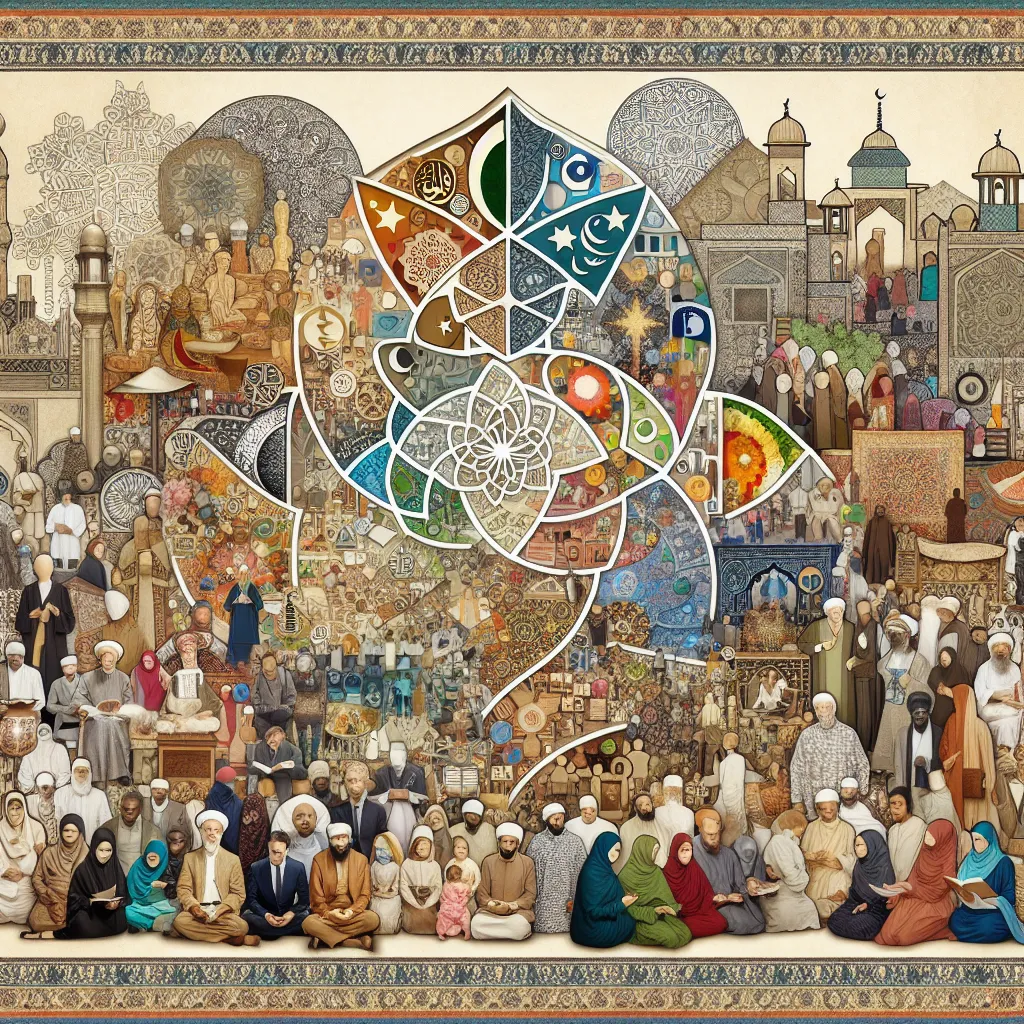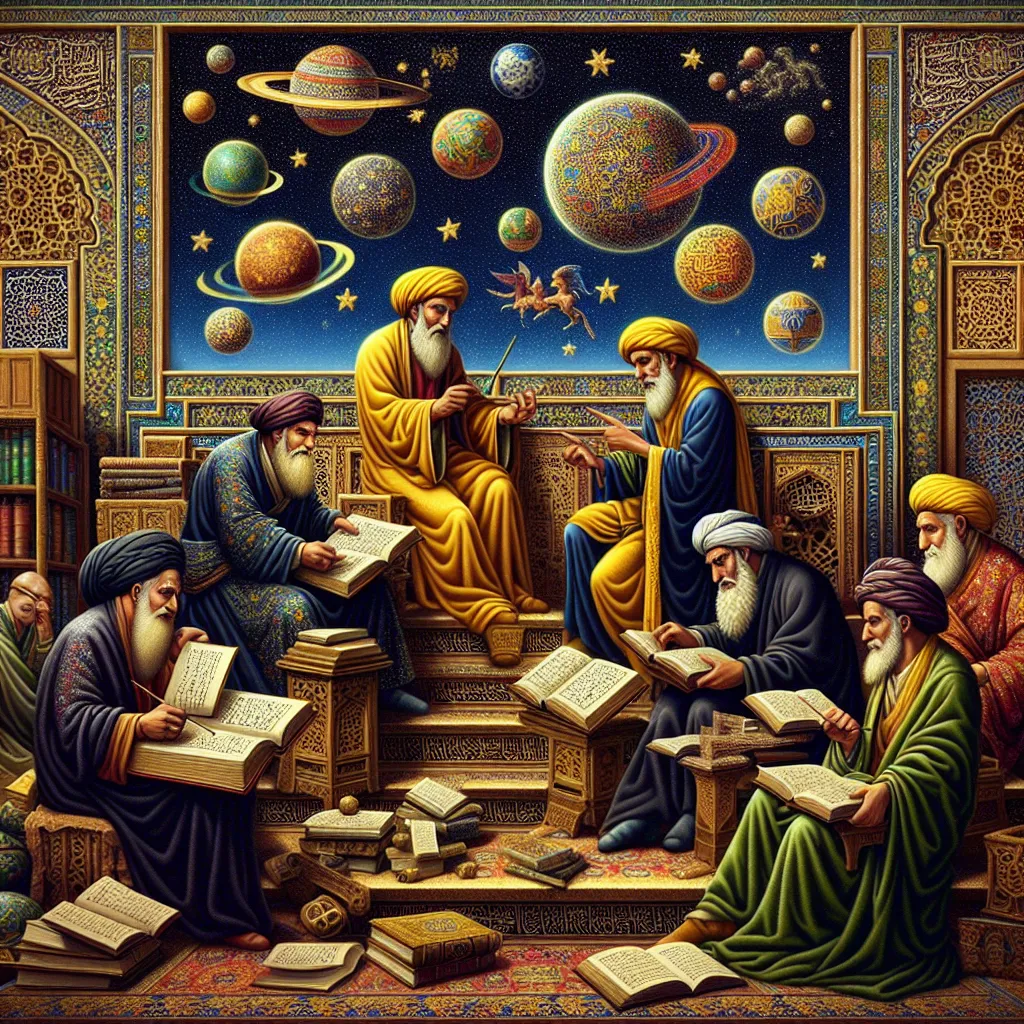Humans have been pondering the meaning of life forever, and different religions provide their own spins on it. Each one gives a unique framework for understanding why we’re here and what makes it all worth it, often meshing ideas about the universe, God, or gods, and life’s ultimate aims.
Christianity roots life’s meaning in God and the teachings of Jesus. For Christians, it’s all about serving God and following His commands to secure eternal salvation. It’s a faith-driven journey that emphasizes love and redemption, nudging people toward living virtuously and growing spiritually.
Hinduism, on the flip side, talks about breaking free from the cycle of reincarnation. The ultimate goal here is moksha, or spiritual freedom, achieved by realizing one’s true self and merging with the divine. This involves balancing duty, wealth, pleasure, and liberation.
Buddhism takes a different route, highlighting enlightenment and ending suffering. Life’s meaning according to Buddhists is found through wisdom and mindfulness, aiming for nirvana where suffering evaporates. This journey is guided by the Eightfold Path and the Four Noble Truths, which steer followers towards compassion, wisdom, and ethical conduct.
In Islam, the meaning of life is to worship Allah and live by His will. Muslims focus on serving God and adhering to the Quran, aiming for paradise in the afterlife. The Five Pillars of Islam—faith, prayer, fasting, charity, and pilgrimage—serve as the bedrock of a righteous life.
Judaism centers on a covenant between God and the Jewish people. The mission here is to fulfill God’s commands and maintain a close relationship with Him. Life’s purpose involves studying the Torah, following its teachings, living righteously, and bettering society.
Sikhism, blending Hindu and Muslim elements, sees life’s meaning in achieving spiritual freedom through devotion and service. Sikhs follow the teachings in the Guru Granth Sahib, focusing on virtuous living, self-discipline, and helping others.
Indigenous beliefs often tie life’s purpose closely to nature and community. They emphasize living harmoniously with the natural world, maintaining balance, and ensuring both community and environmental well-being.
Confucianism, while a philosophy more than a religion, focuses on cultivating virtues like benevolence, righteousness, and proper etiquette to build a harmonious society and foster personal moral growth.
Taoism is all about living in sync with the natural order of the universe, called the Tao. Taoists find life’s meaning in aligning with the Tao, embracing simplicity, and avoiding unnecessary desires and conflicts.
Shintoism, from Japan, underscores the link between humans and nature. For Shintoists, the goal is to live harmoniously with the kami (spirits) and keep life pure and balanced.
The Bahá’í Faith, sprung in the 19th century, teaches that life’s purpose is knowing and loving God through serving humanity. Bahá’ís believe in the unity of all religions and strive for a global community rooted in justice, equality, and peace.
To wrap it up, every religion offers a distinct take on life’s meaning, reflective of its beliefs about the universe, divinity, and life’s end goals. These perspectives guide individuals towards living a purposeful, fulfilling life.






